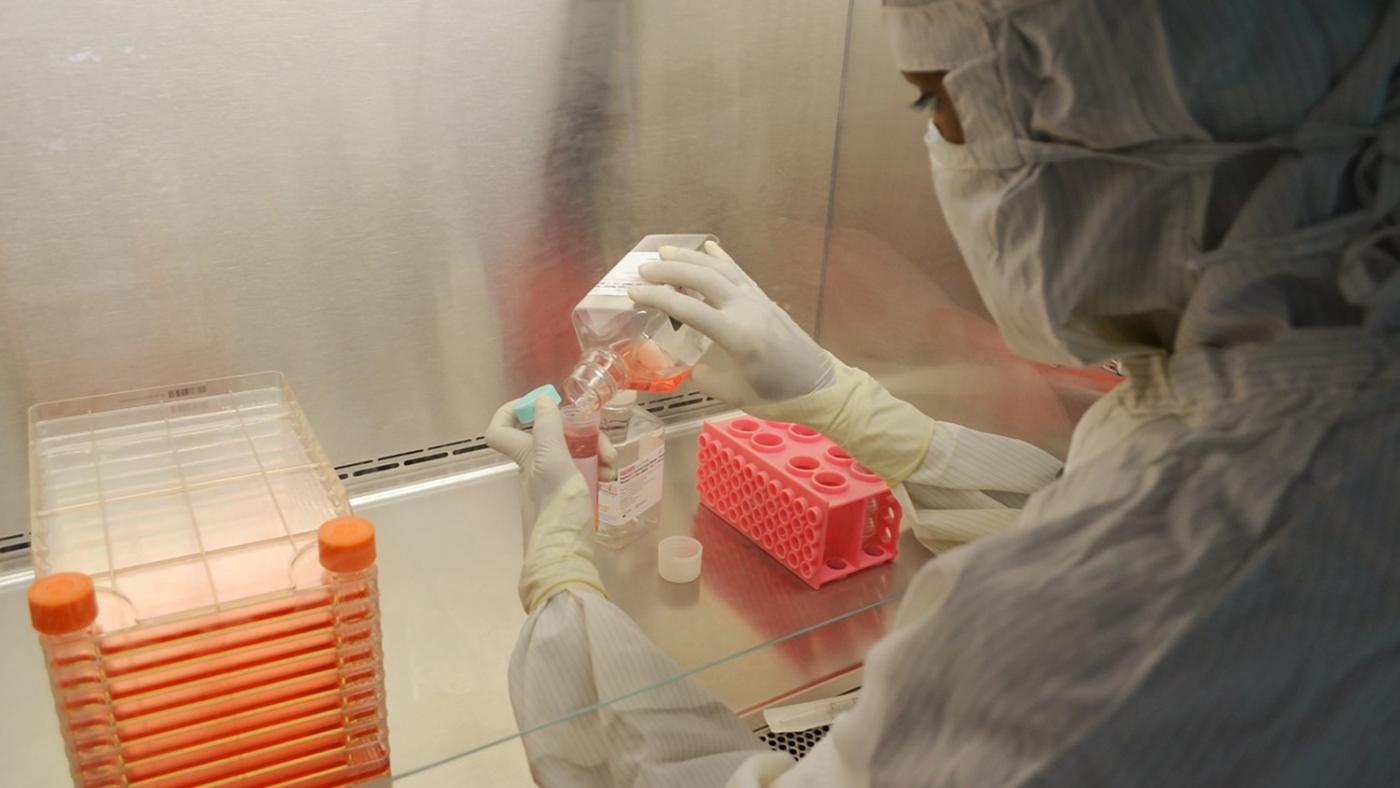Because of recent developments
Plan to start screening foreign researchers delayed once again

So what has changed? Originally, Dijkgraaf wanted to publish a draft version of his bill on knowledge security online before the summer holidays to collect feedback from society at large. This ‘internet consultation’ has now been pushed back.
For some time now, lawmakers have been concerned about scientific espionage, especially at universities, which attract large numbers of foreign students and researchers. Two years ago, Dijkgraaf concluded that the Netherlands had been naive and needed to get its house in order.
Scrutiny
The measures he proposed included the screening of non-European researchers. But what would this screening process look like? Should someone who studies medieval history be subject to the same scrutiny as a nuclear physicist?
At the same time, Dijkgraaf is keen to ensure that his law doesn’t hinder international cooperation. The minister wants to define precisely what constitutes ‘sensitive knowledge and technology’, as well as which students and researchers belong to the ‘target group’. He also wants a workable screening process. This hasn’t proved easy: last October, he informed the House that he would need a little more time.
Recent developments
He now cites “recent developments regarding these three elements” as the reason for having to delay the publication of his bill once again. In the absence of further details, however, the exact nature of these developments remains unclear.
Could it be the expected appointment of a new cabinet? Spearheaded by PVV, the new government’s coalition agreement includes significant budget cuts for scientific research. This may affect universities’ willingness to implement the policy – not to mention their resources.
Moreover, with the new government set to slash the number of civil servants by 20 percent, who will carry out these screenings? The coalition parties did earmark extra funding for the police, the Public Prosecution Service and the security services.
It’s also possible that Dijkgraaf is having trouble defining the parameters of ‘sensitive knowledge and technology’, especially given the rapid rise of artificial intelligence, such as ChatGPT and other generative AI software. In a field that relies on IT experts as well as language specialists, it may not always be easy to determine who should be screened.
Legal certainty
Once sensitive knowledge areas have been mapped, Dijkgraaf wrote earlier, the resulting overview could then be used to assess “programmes, departments, project groups, student projects, and even certain teams and laboratories, for example”. That too is easier said than done.
But not everything is still up in the air. In previous letters to the House, for example, the minister announced that Bachelor’s students would be exempt from screening. This means that universities of applied sciences will be largely unaffected by the policy. Dijkgraaf also wants an exemption for researchers and students already working and studying in the Netherlands, as he believes that screening this group would violate the principle of legal certainty.
Criticism
The Royal Netherlands Academy of Arts and Sciences, an association of leading scientists once headed by Dijkgraaf himself, has strongly criticised the plans. Calling nationwide screenings disproportionate, the organisation argues that the government should have more faith in the scientific community’s ability to self-regulate.
In response, the minister acknowledged that “screening is only practical if we can pinpoint very precisely where the sensitive areas lie”. Nevertheless, there will be some form of screening. “The interests of the individual and open and free science are being weighed against the interest of national security. This is a task that central government is ideally equipped to handle.”